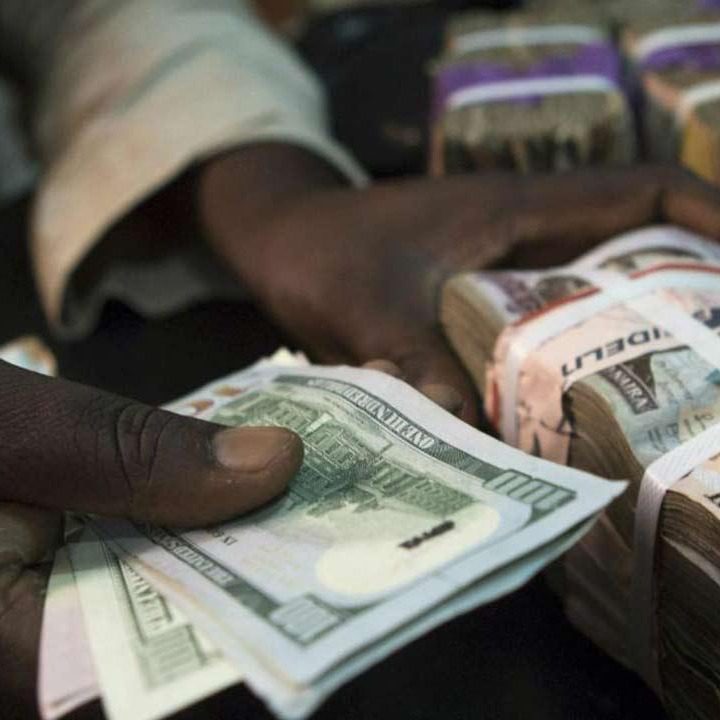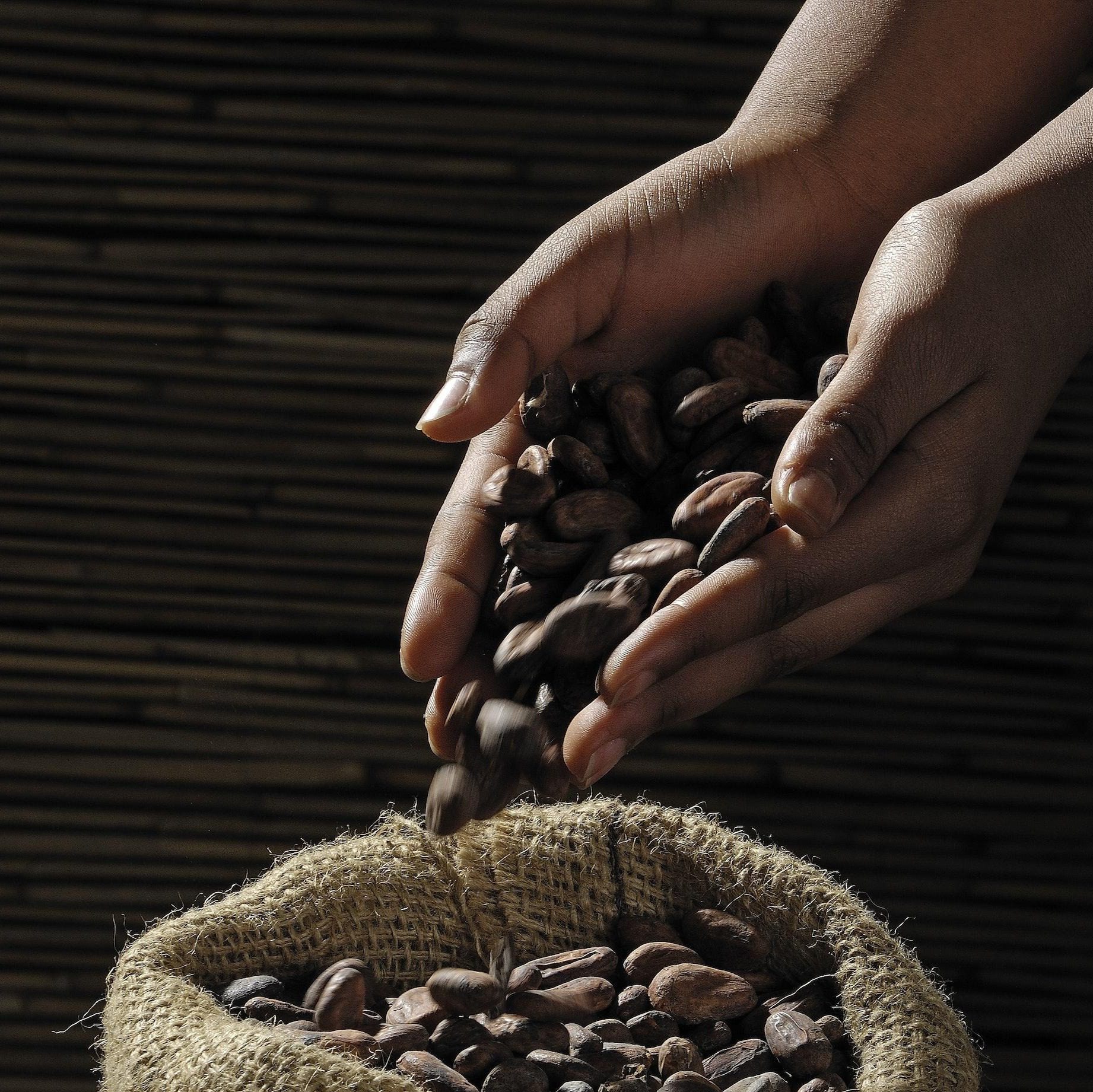NIGERIA’S OIL OUTPUT RECOVERS AFTER MARCH DIP, SAYS OPEC
There seems to be hope in the offing for Nigeria as its dwindling daily oil production turned the corner in April, rising marginally from 1.23 million barrels per day in March to 1.28 mbpd, according to the Organisation of the Petroleum Exporting Countries. OPEC, in its Monthly Oil Market Report for May, said Nigeria’s oil production added 50,000 barrels daily in the last month after it fell in recent times during the month before. The nation’s crude production fell from 1.32 million barrels per day in February to 1.23 million barrels per day in March, according to a report issued by the organization on Tuesday. Production dropped from 1.427 mbpd in January to 1.322 mbpd, according to primary sources. The continuous drop in production came amid stakeholders’ concerns over the loss of revenue due to the failure of the government to ramp up production. Recently, the Chairman of the Petroleum Technology Association of Nigeria, Wole Ogunsanya, said the country was losing a lot of revenue daily due to its inability to tackle dwindling oil production. According to Ogunsanya, if Nigeria could retain between 60 and 70 per cent of the oil and gas value chain in the country, it stands a better chance of being among the top 20 economies in the world. He pointed out that the country was underproducing to the tune of at least 500,000 barrels per day, which was a huge loss to the country. But the Federal Government said the drop in Nigeria’s crude oil production was due to issues encountered on the Trans Niger Pipeline, coupled with maintenance activities carried out by some oil companies operating across the country. It, however, stated that efforts were on to fix the pipeline, adding that this would enable the country to produce up to 1.7 million barrels per day of crude oil and condensates.
EQUITY MARKET HITS LOWEST POINT SINCE JANUARY 23
The benchmark index of the equity market on Tuesday dropped to 97,473.98, a point, which had been crossed on January 23 during the bullish run. Similarly, the market capitalisation of listed stocks dropped to N55.132tn, a milestone surpassed on January 24, when the market cap rose to N55.583tn. Several analysts had predicted a pullback in the market following a bullish trading pattern that had been sustained from the latter days of 2023 into the New Year, which saw the market make and break records regularly. A stockbroker, David Adonri, in a chat with The PUNCH, had described the bullish run as one based on sentiments. He said, “The Equities Market grew by 39.84 per cent in Q1 2024. The prolonged rally that started last year at the heels of economic reforms continued into the first quarter of 2024. So many records of performance were broken in the first quarter. However, the superlative performance of the market was not driven by concrete improvements in economic or market fundamentals but by sentiment.” The release of corporate actions like listed companies and the announcement by the Central Bank of Nigeria of a fresh recapitalisation exercise have not been enough to increase interest in the capital market especially when there were better yields in the other market. At the close of trading on Tuesday, both the ASI and the market cap dropped by 0.24 per cent respectively despite recording more gainers (22) than losers (20). Responsible for the declines were dips in the share prices of Dangote Sugar (-10 per cent) and PZ Cussons (-10 per cent), which have remained on the losers chart for consecutive days. Waste management firm, The Initiates Plc, also saw its shares dip by 10 per cent to close trading at N2.25. In the same manner, trading activities suffered declines, with the total deals, volume, and value depreciating by 7.62 per cent, 30.18per cent, and 48.90 per cent, to 7,951 deals, 306.60 million units, and N5.81bn compared to the previous day’s trading figures. Sectoral performance mirrored the market’s bearish sentiment, as evidenced by declines of 1.02 per cent, 1.09 per cent, and 0.81 per cent in the Banking, Insurance, and Consumer Goods indices, respectively.
CBN KICKSTARTS STRATEGY TO DOUBLE REMITTANCES
The Central Bank of Nigeria (CBN) has activated plans to double foreign-currency remittance flows through formal channels by granting Approval-in-Principle (AIP) to 14 new International Money Transfer Operators (IMTOs). This was disclosed yesterday by the Apex Bank’s Acting Director of Corporate Communications, Mrs. Hakama Sidi Ali, who stated that the initiative will help increase the sustained supply of foreign exchange in the official market by promoting greater competition and innovation amongst IMTOs to lower the cost of remittance transactions and boost financial inclusion. According to her, “This will spur liquidity in Nigeria’s Autonomous Foreign Exchange Market (NAFEX), augmenting price discovery to enable a market-driven fair value for the naira.” It will be recalled that the CBN Governor, Mr. Olayemi Cardoso, had recently declared: “We’ve set ourselves a target to double remittance flows into Nigeria within a year, a goal I firmly believe is within reach. “We are wasting no time driving progress to remove any bottlenecks hindering flows through formal channels permanently. We have a determined pathway and a sequenced approach to tackling all challenges ahead, working hand in hand with key stakeholders in the remittance industry,” he stated. Continuing, Sidi Ali, said that the CBN viewed increasing formal remittance flows as one of the major sources of foreign exchange, accounting for over 6% of GDP as a means of reducing the historical volatility in Nigeria’s exchange rate caused by external factors, such as fluctuations in foreign investment and oil export proceeds. “The increase in the number of IMTOs is one of the primary actions initiated by the CBN’s remittance task force, overseen by Governor Cardoso as a collaborative unit pulling together specialists to work closely with the private sector and market operators to facilitate the ease of doing business in the remittance ecosystem in Nigeria. The task force was established as a direct result of an executive learning session with IMTOs during the World Bank/IMF Spring Meetings held in Washington DC, United States of America, in April 2024. The task force will meet regularly to implement strategy and monitor the impact of its measures on remittance inflows.”
NIGERIA’S MONEY SUPPLY FALLS TO N92.3TN IN MARCH
Nigeria’s Money Supply has dropped marginally from N93.9tn in February to N92.3tn in March 2024, according to data from the Central Bank. Money supply refers to the total amount of monetary assets available in an economy. It includes various forms of money, such as cash, demand deposits, and other bank deposits that are easily convertible to cash. Economists categorize money supply into different aggregates: M1 encompasses physical currency and demand deposits. It showed an increase during this period. M2 (Quasi Money) includes savings deposits, time deposits, and other near-money assets. Quasi-money decreased significantly. M3 Represents broader measures of money supply. According to the latest data, the overall money supply decreased, driven by notable changes in its components. Specifically, quasi-money, which includes savings deposits, time deposits, and other near-money assets, saw a significant drop. Conversely, narrow money (or M1), which encompasses physical currency and demand deposits, showed an increase. Quasi Money decreased from N63.69tn to N59.8tn, indicating a shift in the types of assets held by the public, likely influenced by higher interest rates. Demand Deposits increased from N26.8tn to N28.8tn.
BDC OPERATORS EYE SEC PARTNERSHIP ON DIGITAL CURRENCY
The Association of Bureaux De Change Operators of Nigeria has called for the Securities and Exchange Commission’s guidance and collaboration on its digital currency market called ‘Kolectyomoni’. A statement from the association on Thursday indicated that this came to the fore during an official visit to the newly appointed Director General of the SEC, Dr Timi Agama. ABCON President, Aminu Gwadabe, who congratulated the SEC DG on his appointment highlighted that the SEC regulates the sector that he claimed was a threat to the continued existence of BDCs in Nigeria; peer-2-peer trading platforms. He also explained that ABCON has invested in requisite technology to ensure the continued existence of the business and preserve the integrity of the sub-sector. He opined that the future of BDC’s business is digital currency. Gwadabe said that there were millions of Nigerians dealing in digital currency and “The number is rising by about nine per cent with a huge market of $9bn annually and there are thousands of multichannel virtual currency forex platforms.” In response, the SEC DG said, “I understand that ABCON is desirous of setting up a digital market platform with the intention to be part of the emerging digital currency ecosystem in Nigeria. We at the SEC are open to helping the sector grow for the love of the country therefore there will be meetings with the relevant departments of the SEC to detail methods and strategies that will strengthen the Naira through necessary innovative ideas as shared by ABCON.”
- CAPITALDIGEST MARKET REVIEW 22/07/2024July 22, 2024
- CAPITALDIGEST DAILY NEWS 22/07/2024July 22, 2024
- CAPITALDIGEST MARKET REVIEW, 08/07/2024July 8, 2024
Enter your email address for receiving valuable newsletters.
- CAPITALDIGEST MARKET REVIEW 22/07/2024DOLLAR SET FOR WEEKLY RISE, CYBER OUTAGE UNSETTLES INVESTORS The dollar climbed in trading on...July 22, 2024
- CAPITALDIGEST DAILY NEWS 22/07/2024FUEL PRICE HITS N750/LITRE IN JUNE – NBS The National Bureau of Statistics has released...July 22, 2024
- CAPITALDIGEST MARKET REVIEW, 08/07/2024US DOLLAR INCHES LOWER AS DOVISH POWELL COMMENTS OFFSET UPBEAT JOBS DATA The dollar slipped...July 8, 2024













